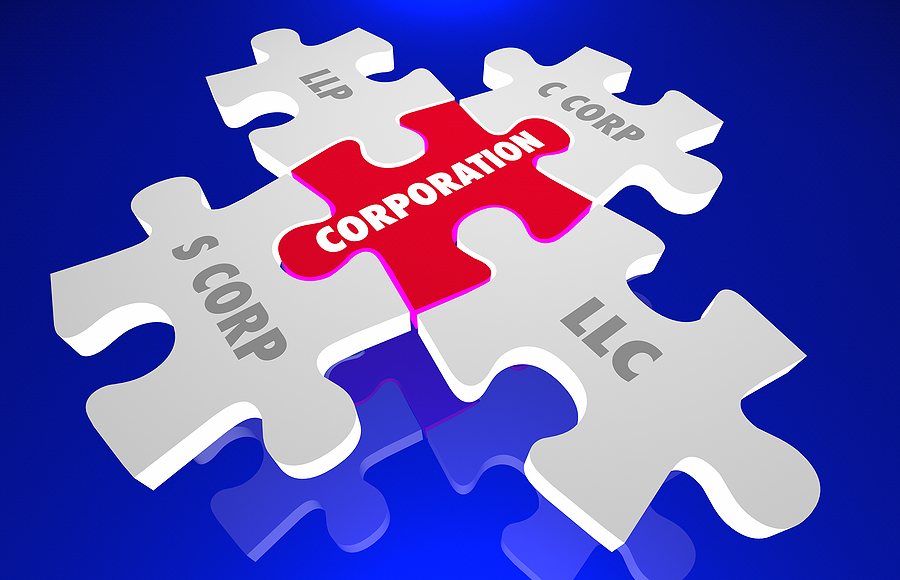6 Steps to Starting a Small Business
Are you looking to start your own business? Owning a small business can be incredibly rewarding, both personally and financially. That said, owning and operating a business is hard work that involves planning and legal requirements. Before cutting the ribbon on your new business, follow these six steps.
Determine its Feasibility
Prior to opening your own business, you want to ensure the products or services you intend to offer are marketable. Diving in head first can be risky, so start small. Try tabling at vendor fairs and markets to determine how profitable your business may be on a small scale. Similarly, you can sell your small business’ goods online. Free online advertising on social media may also be a fruitful way to determine how successful your potential business may be. If your ads generate buzz or positive feedback, your business idea may be one to pursue. Conducting a focus group is another option.

Create a Business Plan
One of the keys to a successful business is a strong business plan. A business plan is a roadmap to run and grow your business. Successful business plans can help you prepare for just about anything, from what your budget will look like to unexpected financial downturns. They include a description of your company, products and services offered, financial projections, and more. Most business plans also have a market analysis, highlighted demand, business location, and competition. Keep in mind that your business plan doesn’t have to be perfect. Just be honest with yourself and your business intentions.

Select Business Structure
The legal structure of your business will determine a number of things, from how much you’ll pay in taxes to registration requirements. Most small businesses are registered as LLCs or sole proprietorships, although partnerships and corporation registrations are also options. LLCs offer more protections than sole proprietorships because business and personal assets are separated. Sole proprietorships don’t provide that protection. That said, LLCs are more expensive and require annual filings. Sole proprietorships, on the other hand, are best for newer businesses that are unsure about their future.

Register
The next step is registering your business. You’ll need to obtain a business tax receipt, also known as a general business license. These are required for the county and city you do business in. You’ll also want to get an EIN from the IRS and register with your state’s Department of Revenue, if applicable. Some businesses, like restaurants or salons, require additional licensing, so ensure you have everything you need before opening. For more information, check out the U.S. Small Business Administration’s webpage about permits and licensing.

Funding
All small businesses require capital to open. One of the most effective ways to fund the start of your business is by self-funding. Even so, you don’t want to drain your personal savings account. Consider opening a separate savings account for the sole purpose of funding your business startup. Gulf Winds offers several business-related accounts, like our Business Savings, Special Business Savings, and Business Money Market. You can also take out a loan to fund your small business, although most financial institutions require a 20% down payment and great credit. Gulf Winds’ Anything+ Personal Loans can be used for just about anything, including the startup of a new business.

Protect Your Assets
With a new business comes new financial responsibilities. The first thing to remember is you’ll have to file taxes for your small business, which may be confusing. It’s wise to develop a professional relationship with a tax expert or accountant early on. They’ll not only handle your taxes, they’ll help you navigate day-to-day expenses. It’s also a good idea to enroll in a business insurance policy to protect your business and personal assets. Just be sure you register through a reputable insurance company. Business savings and checking accounts can help keep your assets separate while protecting your business’ finances. Gulf Winds offers both Business Checking and Non-Profit Business Checking accounts to help keep your business’s financial ducks in a row.
Opening a small business can take a lot of work. That said, planning is key to your future business’ overall success. Before welcoming the public, ensure you have everything you need to facilitate a smooth opening. The last thing you want is for your new business to go out of business!

Hunter Morrison
About Hunter Morrison
Hunter has freelanced for various print and radio publications across Northwest Florida, including The Bay Beacon, Navarre Press, Inweekly, Crestview News Bulletin, and WUWF. He was also the Editor in Chief of the University of West Florida’s student newspaper, The Voyager. In 2023, Hunter moved to Kenai, Alaska to take up a news reporting position with KDLL Public Radio. For fun, Hunter enjoys cross-country skiing, hiking, photography, thrifting, traveling, and looking for the best Thai food around.